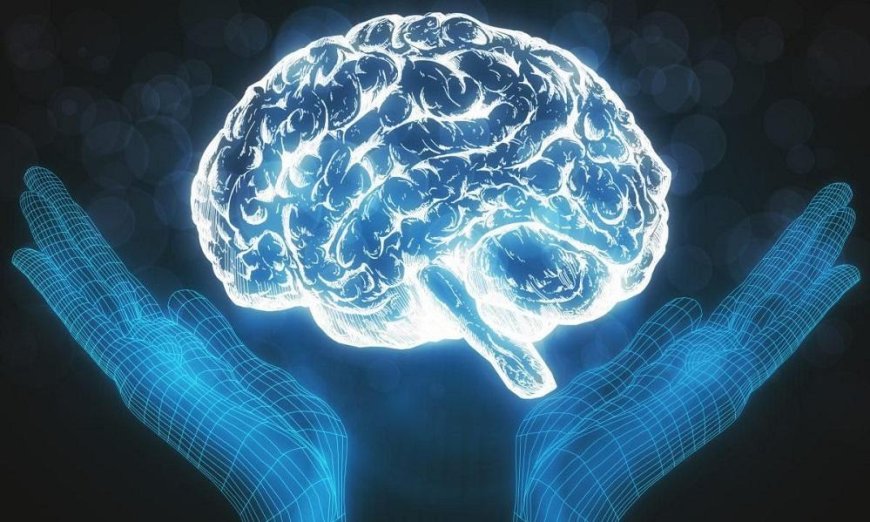Digital detoxification is not a mental health solution
Bath and Dr. Feng Ziegler and Alice headed. Smith from Lincoln University. Digital detoxification is not a mental health solution.

The study, published in Technology, Mind and Behavior, was conducted by Heather Shaw and Christopher Geier of the University of Lancaster together with Dr. David Ellis and Dr. Brittany Davidson from the University of Bath and Dr. Feng Ziegler and Alice headed. Smith from Lincoln University. Digital detoxification is not a mental health solution.
They measured the time 199 iPhone users and 46 Android users spent on smartphones in a week. Participants were also asked about their mental and physical health by completing a clinical scale measuring symptoms of anxiety and depression. They also filled out a scale that measured how problematic they viewed their smartphone usage.
Surprisingly, time spent on smartphones is not linked to poor mental health.
Lead author Heather Shaw of the Department of Psychology at the University of Lancaster replied, "Daily smartphone receipts or screen time do not predict symptoms of anxiety, depression, or stress. In addition, those who use clinical" boundaries "for general anxiety and anxiety have passed depression. weight, no more than their cell phone that's below that threshold. "
Must Read: How to prevent and cure Osteoporosis
Instead, the study found that the participants' mental health was associated with worry and fear about their own smartphone use.
This was measured by their score on a problematic usage scale in which they were asked to rate statements such as "Using my smartphone longer than expected" and "I keep trying to reduce the amount of time I use my smartphone." I fail all the time. "
Shaw said, "It's important to look at the actual use of the device apart from people's worries and concerns about technology. This is because the former doesn't have an important mental health connection, that's why the latter has them."
Previous research has focused on the potentially harmful effects of "screen time," but it has shown that people's attitudes or attention are likely to lead to these results.
Dr. David Ellis of the University of Bath School of Management said, œDuring the COVID-19 pandemic, mobile technology has become increasingly important for work and daily life. Our results add to a growing body of research showing that reducing total screen time doesn't make people happier. Instead of taking advantage of digital detoxification, our research shows that people will take steps to dispel the worries and fears that grow over time over the phone. Reuters
